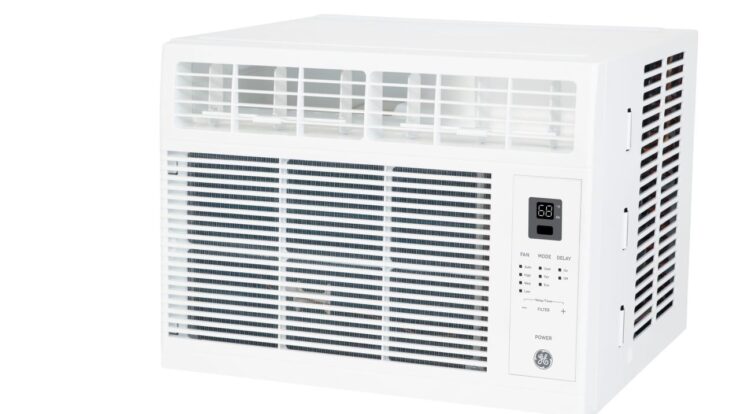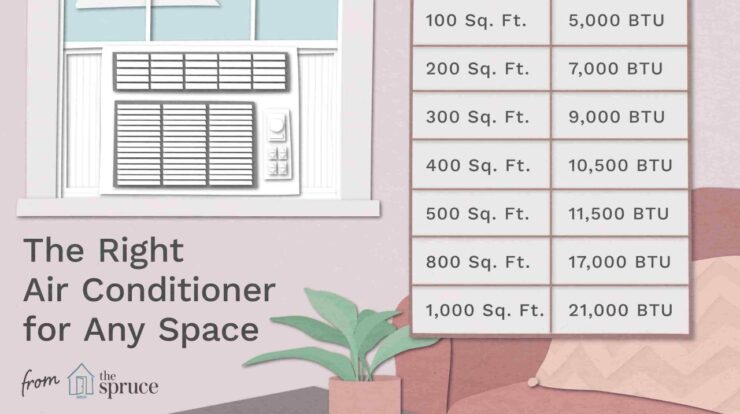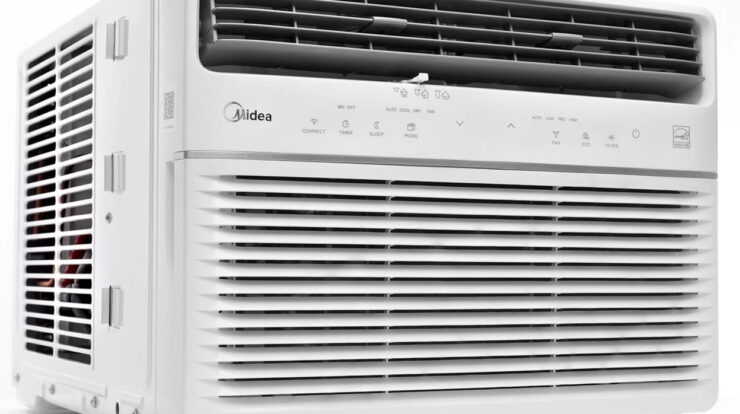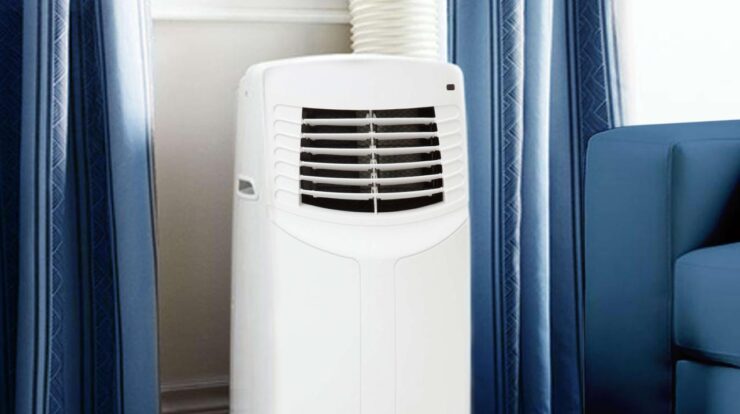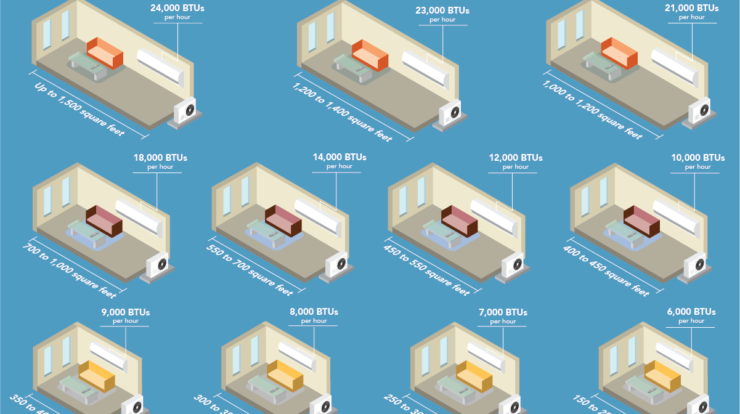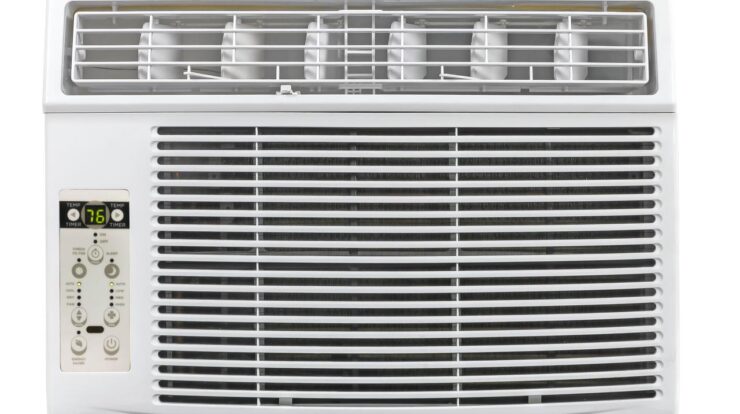In the realm of home comfort, the quietest window air conditioners reign supreme, offering a sanctuary of tranquility amidst the summer heat. Their ability to cool without creating excessive noise pollution transforms living spaces into havens of peace and relaxation.
From understanding the factors that influence noise levels to exploring the benefits of quiet operation, this comprehensive guide will empower you to make informed choices when selecting the perfect window air conditioner for your home.
Define “Quietest Window Air Conditioner”

A “quiet” window air conditioner is one that produces a low level of noise when operating. This is typically measured in decibels (dB), with lower decibel levels indicating quieter operation.
In the context of window air conditioners, “quiet” generally refers to units that operate at or below 50 dB. This level of noise is comparable to the sound of a quiet conversation or the rustling of leaves in a gentle breeze.
Factors that affect the noise level of a window air conditioner include:
- The type of compressor used (rotary, scroll, or reciprocating)
- The size and speed of the fan
- The design of the unit’s housing and insulation
Factors Affecting Noise Level
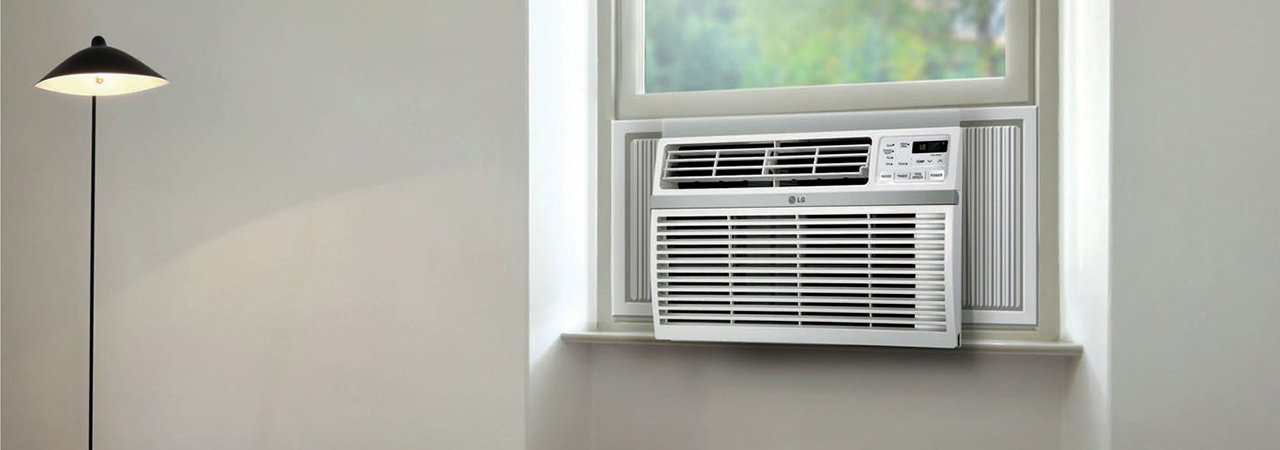
Window air conditioners vary in noise levels due to several factors. Understanding these factors helps in choosing a quieter unit.
Noise production in window air conditioners is primarily influenced by three key factors:
Fan Speed
The speed of the fan plays a significant role in noise generation. Higher fan speeds result in increased airflow, which can create more noise. Choosing a unit with adjustable fan speeds allows for customization of noise levels based on cooling needs.
Compressor Design
The compressor is the heart of an air conditioner, and its design significantly impacts noise levels. Rotary compressors are generally quieter than reciprocating compressors, as they operate with less vibration. Inverter compressors also offer quieter operation by adjusting their speed to match cooling demands, reducing noise during low-load conditions.
Insulation, Quietest window air conditioner
Insulation materials surrounding the compressor and fan can effectively reduce noise transmission. Thicker and higher-quality insulation dampens vibrations and absorbs sound, resulting in quieter operation.
Benefits of a Quiet Window Air Conditioner
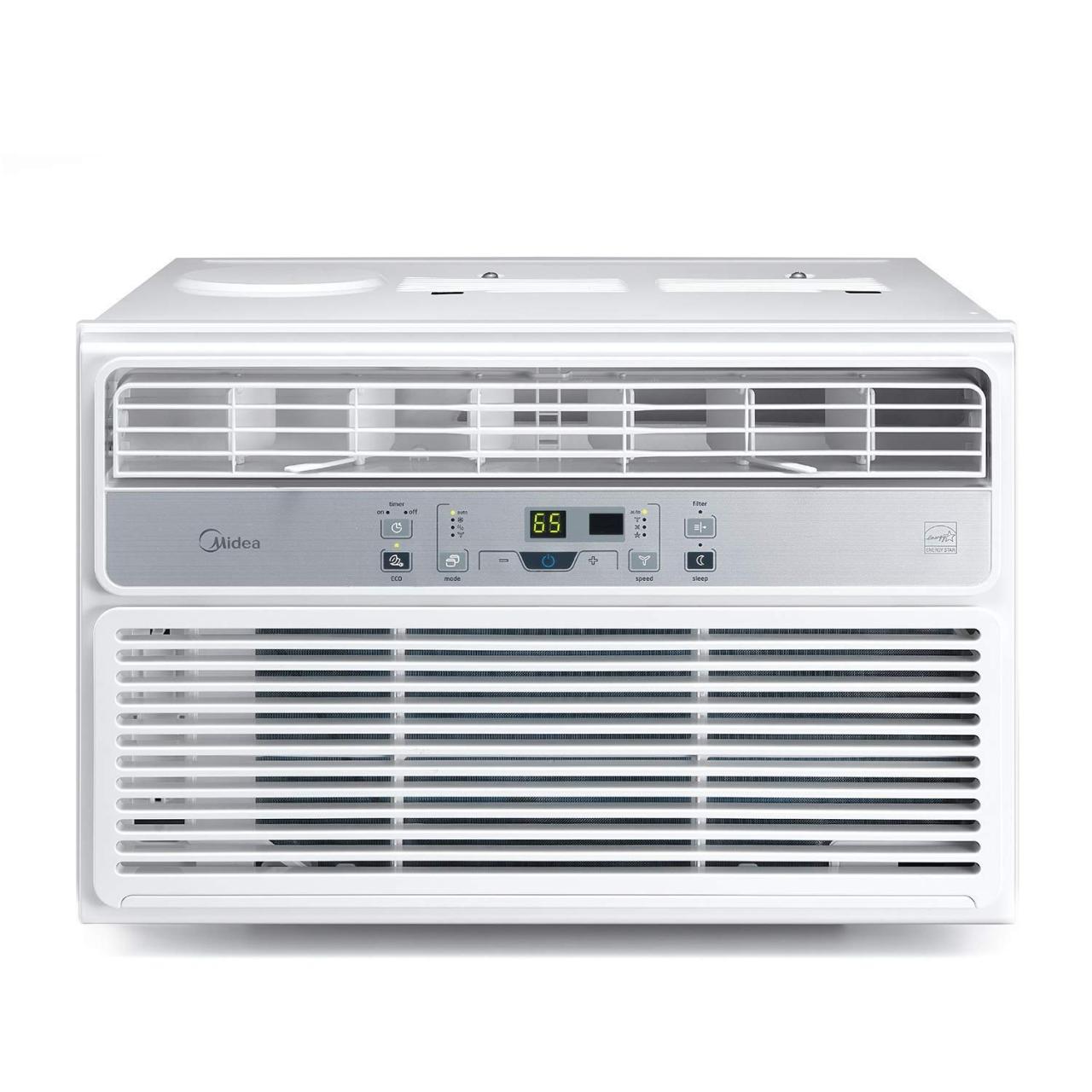
Installing a quiet window air conditioner can significantly enhance your comfort and well-being. Here are several notable benefits to consider:
Improved Sleep Quality:A quiet air conditioner creates a peaceful sleeping environment, minimizing distractions and disruptions. You’ll fall asleep faster, sleep more soundly, and wake up feeling refreshed.
Summer is in full swing, and that means spending more time outdoors. But if you’re like me, you’re not a huge fan of sharing your space with bees. If you’re looking for a natural way to keep bees away, there are a few things you can try.
One option is to plant certain flowers that bees don’t like, such as marigolds or mint. You can also try using essential oils like peppermint or lemongrass. If you’re planning a trip to Disneyland this summer, be sure to check out the Disneyland Summer Ticket Deal . It’s a great way to save money on your tickets and enjoy all the fun that Disneyland has to offer.
Reduced Stress
Excessive noise can trigger stress and anxiety. A quiet air conditioner helps create a serene atmosphere, reducing stress levels and promoting relaxation.
Enhanced Overall Comfort
In addition to improving sleep and reducing stress, a quiet air conditioner provides a more comfortable living space. It allows you to enjoy activities such as watching TV, reading, or having conversations without being disturbed by noise.
Features to Look for in a Quiet Window Air Conditioner
When selecting a quiet window air conditioner, consider these key features:
Decibel Rating:The decibel (dB) rating indicates the sound level produced by the unit. Look for models with a lower dB rating for quieter operation.
Summer is here, and so are the bees! If you’re looking for a way to keep these buzzing visitors at bay without resorting to harsh chemicals, check out this guide to natural bee repellents . From essential oils to plants, there are plenty of options to help you enjoy the outdoors without getting stung.
Energy Efficiency:Energy-efficient models consume less energy, which can reduce operating costs and noise levels. Higher Energy Efficiency Ratio (EER) values indicate greater efficiency.
Cooling Capacity:The cooling capacity, measured in British Thermal Units (BTUs), determines the size of the room the unit can effectively cool. Choosing the right cooling capacity ensures optimal performance and minimizes noise from overworking.
Additional Features
- Sleep Mode:This feature reduces noise levels at night for a more peaceful sleep environment.
- Multi-Speed Fan:Adjustable fan speeds allow you to customize the noise level and airflow.
- Insulated Compressor:Insulation around the compressor helps dampen noise.
- Remote Control:Allows you to adjust settings from a distance, minimizing noise when you need to make changes.
Brands and Models of Quiet Window Air Conditioners: Quietest Window Air Conditioner
In the market for a quiet window air conditioner? Check out our table below for a comparison of popular brands and models, including their decibel ratings, energy efficiency ratings, and cooling capacities.
Popular Brands and Models
| Brand | Model | Decibel Rating | Energy Efficiency Rating | Cooling Capacity (BTUs) |
|---|---|---|---|---|
| LG | LW1216ER | 52 dB | 12.0 EER | 12,000 |
| Friedrich | Chill CP12-A10A | 53 dB | 11.9 EER | 12,000 |
| Honeywell | HLF012A10CS | 54 dB | 11.5 EER | 12,000 |
| GE | AHT12AW | 55 dB | 11.3 EER | 12,000 |
| Midea | MAW12V1QBT | 56 dB | 11.1 EER | 12,000 |
Installation and Maintenance Tips for Quiet Operation
To ensure your window air conditioner operates quietly, it’s crucial to follow proper installation and maintenance guidelines. These tips will help minimize noise levels and enhance your overall comfort.
Here are some key considerations:
Proper Placement
Choose a location that allows for adequate airflow and minimizes obstructions. Avoid placing the unit near walls or other objects that can restrict air circulation.
Sealing Gaps
Seal any gaps between the air conditioner and the window frame using weatherstripping or foam insulation. This prevents outside noise from entering and reduces vibrations.
Regular Cleaning
Regularly clean the condenser coils and air filter to remove dust and debris that can accumulate and obstruct airflow. A clean unit operates more efficiently and quietly.
Summary
Choosing a quiet window air conditioner is an investment in your well-being. By reducing noise pollution, you can create a serene and comfortable living environment that fosters relaxation, productivity, and overall contentment. Remember, a quiet window air conditioner is not just a cooling appliance; it’s a gateway to a more peaceful and enjoyable home.
Questions and Answers
What factors affect the noise level of a window air conditioner?
The noise level is influenced by factors such as fan speed, compressor design, insulation, and the overall construction of the unit.
What are the benefits of having a quiet window air conditioner?
Quiet operation can improve sleep quality, reduce stress, enhance concentration, and create a more comfortable living environment.
What features should I look for in a quiet window air conditioner?
Consider decibel rating, energy efficiency, cooling capacity, and features like sleep mode and variable fan speeds.
